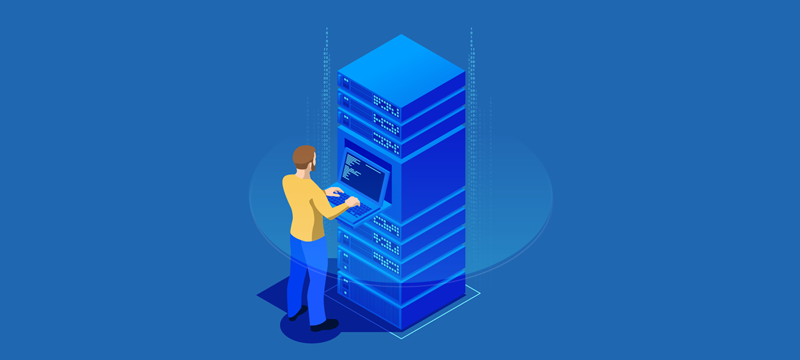Finding the right type of dedicated server hosting can be a bewildering process. With so many options available, it’s easy to be baffled by all the components, configurations and specifications on offer. Even the jargon can be difficult to understand.
To help make things easier, this post will try to explain the choices you have and the things you need to consider when choosing dedicated server hosting for your business.
Understanding your company’s needs
Before you start looking for a server, it is essential that you have a thorough understanding of your company’s IT needs. If you don’t, you may end up with a server that either lacks the storage or performance you require or one that is too big and powerful and which you are paying for and not really using. After all, there is no point buying a Mini if you want to move furniture and no point getting an articulated lorry to deliver pizzas.
When considering a server, make a realistic assessment of your company’s requirements now and over the next few years and, at the same time, think carefully about what you can comfortably afford to pay for your hosting during that period.
In doing this, take account of the amount of traffic you expect your website to get each month, the amount of data you will need to store and process and whether there are any other applications you want to run on your server. All of these can have an impact on the size of your hard drive and the amount of processing power your server will need.
Another factor will be the types of application you run. If you work with content management systems, such as WordPress or Magento, this can have an effect on the type of operating system (i.e., Linux or Windows) you need to choose.
This is the same for many apps that are created for a specific OS. Price is also a factor here. Linux is a free to use, open-source software, whereas Windows is a licensed product. This often means that Windows-based servers are more expensive. In addition, many of the apps that run on Linux are also free to use, so this option can be significantly cheaper overall.
Two of the things that many people get confused about are CPU cores and the difference between SSD and HDD hard drives. It is important to understand how these components can affect your hosting both in terms of performance and cost. CPU cores are processors, similar to the ones in your laptop or phone, which do the computing work of the server.
Essentially, the more cores you have, the more processing your server can do at any one time. In this sense, they improve performance by speeding things up. SSDs, the new generation of hard drives, are far more reliable and significantly faster at being read and written to than traditional HDD drives. However, they are more expensive than HDDs and often have smaller storage capacity.
Managed or unmanaged hosting
Upgrading to a dedicated server from shared hosting or a VPS can mean you need to have a more hands-on involvement in the technical side of running a server. Typical management responsibilities include updating the operating system and applications, installing security patches, making backups, uptime monitoring, firewall configuration and antivirus/malware protection.
Undertaking these things can be challenging for companies that do not have the in-house expertise and employing someone with the necessary skills, or even training them up, can be expensive. However, one solution would be to opt for managed hosting where the web host would undertake these tasks on your behalf as well as ensuring that the physical server was maintained. Overall, managed hosting is less expensive than paying for it in-house and it frees staff up to work on more business-focused tasks.
SEO and security
In addition to providing greater storage and processing capacity, you’ll also want your dedicated server to help boost the fortunes of your website and attract new customers. Key to this is improving the speed of your website, which search engines use as a ranking factor, and dedicated servers can be helpful in achieving this.
Simply increasing the processing capacity of your server can be one way to speed up loading times but hosting that includes faster SSD hard drives and load balancing can boost site speed even more.
Website and server security are essential for all businesses so it is critical that any hosting you choose provides the best means to keep your company protected. SSL certificates, that encrypt online payment data, are vital requirements – not only to safeguard customers but because, without them, browsers label your website as not secure. At the same time, you want your host to provide protection against DDoS, intrusion and malware.
Conclusion
Dedicated servers provide companies with the storage capacity and processing power needed to take their websites and IT systems to the next level. However, it is important that you understand your requirements and consider the financial costs before deciding which type of server is best for you.
At the same time, you’ll need to think about whether you want a managed hosting solution or whether to undertake the management in-house. Hopefully, this post will have given you a better insight into the choices that need to be made.
If you are considering a dedicated server, check out our dedicated server solutions.



